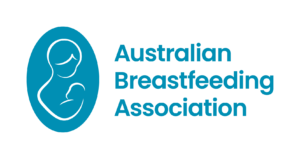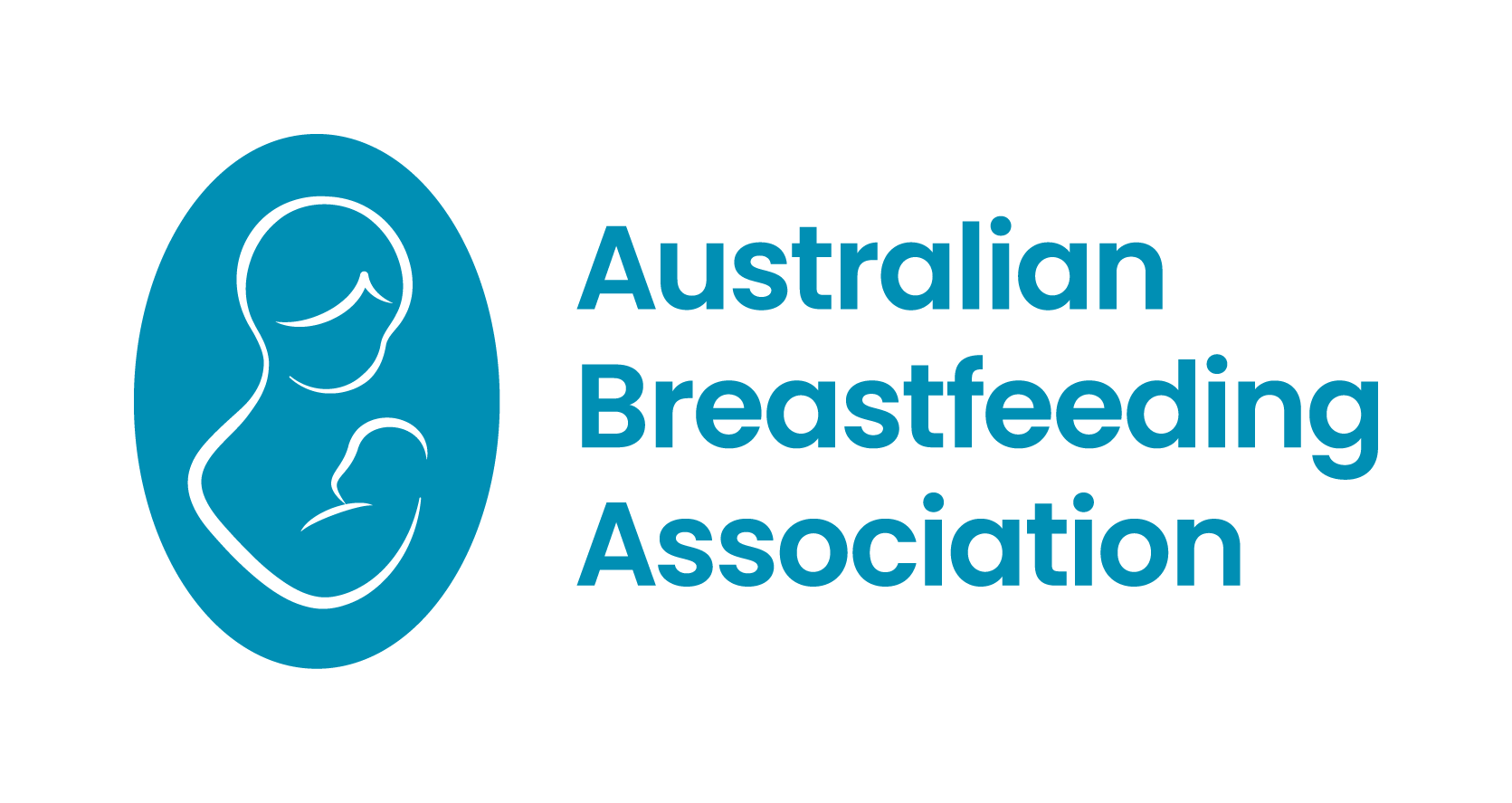Providing breastfeeding support during the COVID-19 pandemic: Concerns of mothers who contacted the Australian Breastfeeding Association
ABA Research published online ‘pre-print’. Concerns of mothers seeking [...]
ABA Research published online ‘pre-print’. Concerns of mothers seeking [...]
The World Health Organisation (WHO) has provided detailed guidance on the care of infants of women who are a person under investigation (PUI) or confirmed to have COVID‐19, which supports immediate postpartum mother‐infant contact and breastfeeding with appropriate respiratory precautions. Although many countries have followed WHO guidance, others have implemented infection prevention and control policies (IPC) that impose varying levels of postpartum separation and discourage or prohibit breastfeeding or provision of expressed breastmilk.
This research provides insight into the process by which women became internet-facilitated peer-to-peer milk recipients. It identified that many peer milk recipients have medical histories that can make breastfeeding challenging or impossible. As a group they do not appear to be typical of the general population of breastfeeding women. It also indicated that determining a cause and possible solutions to the breastfeeding difficulties of milk recipients is often extremely problematic. Health workers dealing with breastfeeding women require greater training in the recognition and treatment of conditions that adversely affect breastfeeding, including a physiological incapacity to fully breastfeed. Although peer-to-peer milk recipients come to milk sharing because of necessity, they appear to be satisfied with the solution it provides to their problem of being unable to fully breastfeed their infants. Access Dr Gribble's paper here
Dr Gribble's paper explores the experiences of 107 Australian women who were breastfeeding a child two years or older, 87% of whom had not originally intended to breastfeed long-term, with many who had initially felt disgust for breastfeeding beyond infancy. Mothers changed their opinion about long-term breastfeeding as they saw their child enjoy breastfeeding, as their knowledge about breastfeeding increased and as they were exposed to long-term breastfeeding role models. Access Dr Gribble's paper here
Terms of service
Contact ABA
Need help now?
Call our Breastfeeding Helpline

Acknowledgement of Country
The Australian Breastfeeding Association acknowledges the Traditional Owners of the lands known as Australia. We wish to pay our respects to their Elders past and present and acknowledge Aboriginal and Torres Strait Islander women who have breastfed their babies on Country for more than 60,000 years, and the partners, families and communities who support them.
ABN: 64005081523
The Australian Breastfeeding Association is a Registered Training Organisation
(RTO 21659) and receives funding from the Australian Government.
Quality Indicator Survey Results.
Copyright © Australian Breastfeeding Association | ABA receives funding from the Australian Government

